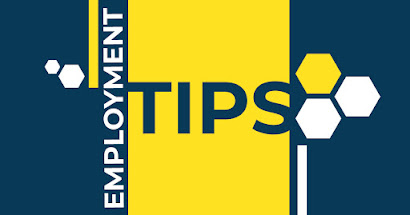A homosexual detective was just given his chance to prove that he experienced workplace discrimination at a trial and recoup damages.
Here are his facts:
- His homophobic colleagues vindictively called other officers wherever he was stationed & told them to harass plaintiff because he was gay;
- 2 Sergeants constantly made homophobic slurs at civilians & gay officers in his presence;
- He endured over a year of homophobic derision, harassment, and verbal abuse;
- He was singled out to do tasks, which his peers were not required to do, such as:
- He was repeatedly required to enter a holding cell, by himself, with prisoners still inside, while plaintiff carried metal and wooden cleaning implements. This was potentially dangerous, as plaintiff could have been overwhelmed & attacked by the prisoners. Other officers were not required to do it, as it was usually a task for the maintenance crew;
- He was required to go on foot patrol alone during the midnight shift in dangerous areas at the 77th Precinct while other officers patrolled with partners;
- He was given extra work when he arrived on the job; and
- He experienced some new or escalated conduct after he started to fight the discrimination, which could be deemed retaliatory.
















